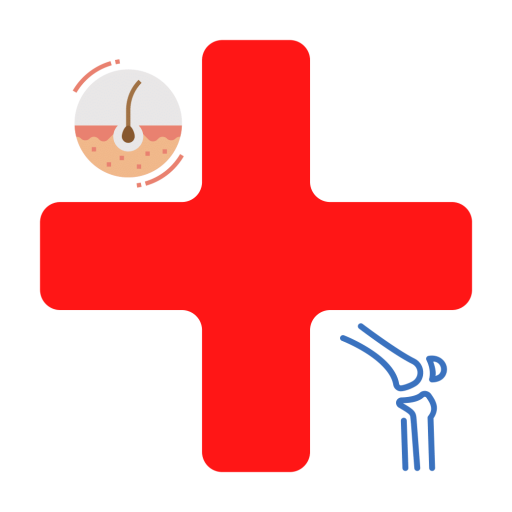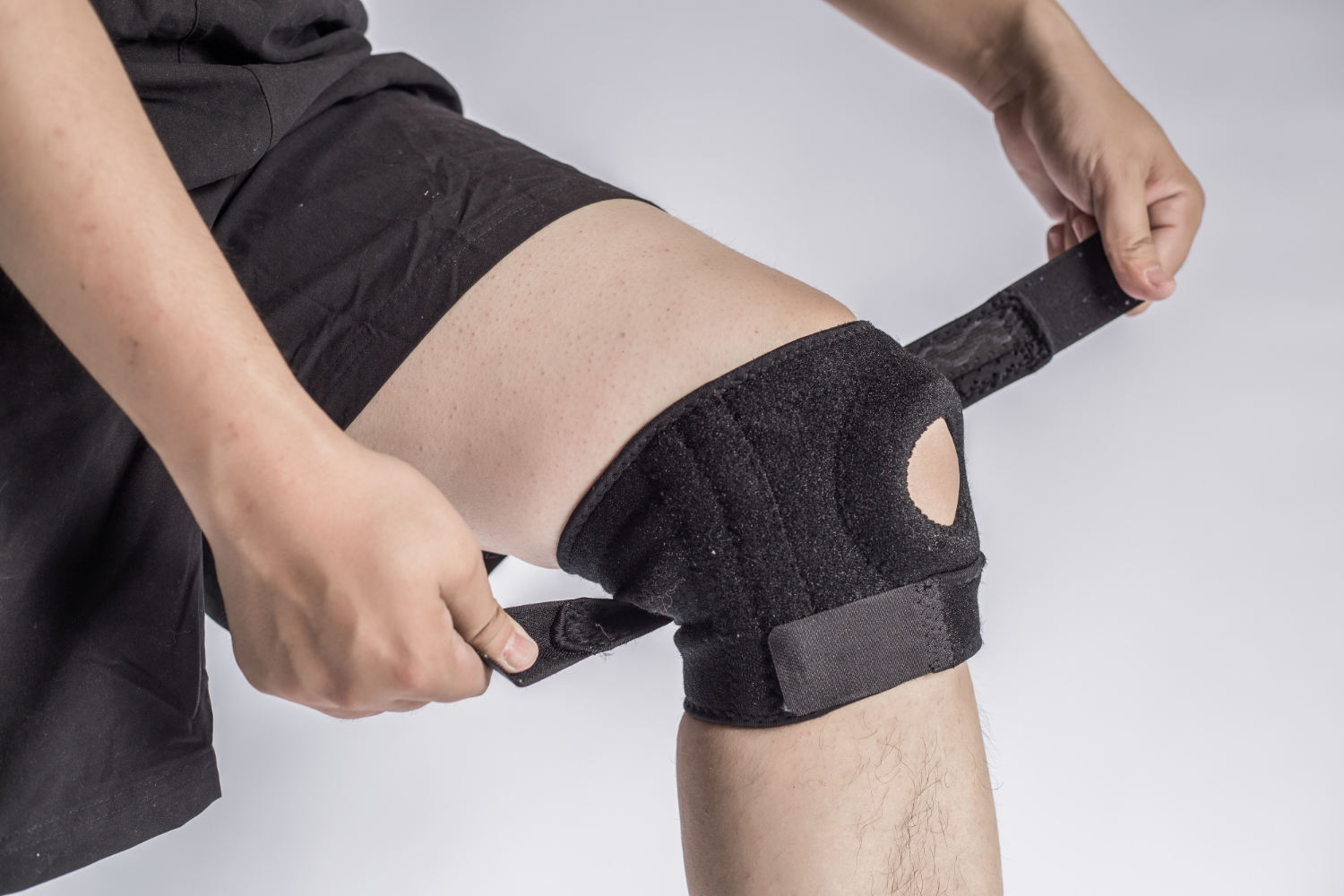Knee Pain
What causes knee pain?
Knee pain is a common problem that can occur suddenly or over a period of time. Knee pain may be due to a number of causes, and generally treatment is readily available.
Injury-related causes include
Damage to parts of the knee, including bone, cartilage, ligaments, tendons or muscles bursitis, which is inflammation of the fluid-filled sacs that cushion the knee (known as bursae)
Arthritis-related causes include
- Osteoarthritis
- Rheumatoid arthritis
- Gout
- Septic arthritis (infected knee)
Other causes include
Patellofemoral pain syndrome: pain around the kneecap (patella) where it runs over the end of the thigh bone (femur), sometimes due to the kneecap being poorly aligned pain referred from the hip or lower spine
Risk factors for knee pain
You are more likely than others to develop knee pain if you:
- Are overweight
- Have weak or tight leg muscles
- Do certain sports, for example skiing and basketball
- Have hurt your knee before
knee pain investigated
Your doctor will talk to you and examine your knee. Your doctor may order some tests including:
- Blood tests
- Imaging, such as an x-ray, ultrasound or MRI scan
- Knee joint aspirate, where a small amount of fluid is taken from the knee using a needle
Other symptoms may be associated with knee pain
If you have knee pain, you may get other symptoms such as
- Swelling, redness or heat in the knee
- Bruising around the knee
- Your knee ‘giving way’
- Locking or clicking
- Inability to straighten your knee
See a doctor if the pain doesn’t improve in a few weeks, if you can’t move your knee or put any weight on it, or if your knee locks or gives way. Go to an emergency department if your knee is very painful, is badly swollen or has changed shape, or if you have a fever and a red and hot knee.
How is knee pain treated?
If you have knee pain, you can help by avoiding putting weight on it, and using an ice pack for up to 20 minutes every 2 to 3 hours. Painkillers like paracetamol can help with the pain.
Treatment may include
- Medicines, such as pain killers and anti-
inflammatories - Strapping or a brace to support the knee
- Foot orthotics to improve the way you walk
- Physiotherapy
- Surgery
If your knee pain is caused by osteoarthritis, weight loss, strengthening exercises and water exercise can help to relieve symptoms. Arthroscopy is not recommended for osteoarthritis of the knee. If you have injured your knee, you can start treatment at home. If you are concerned about your knee pain, visit your doctor SOON.

